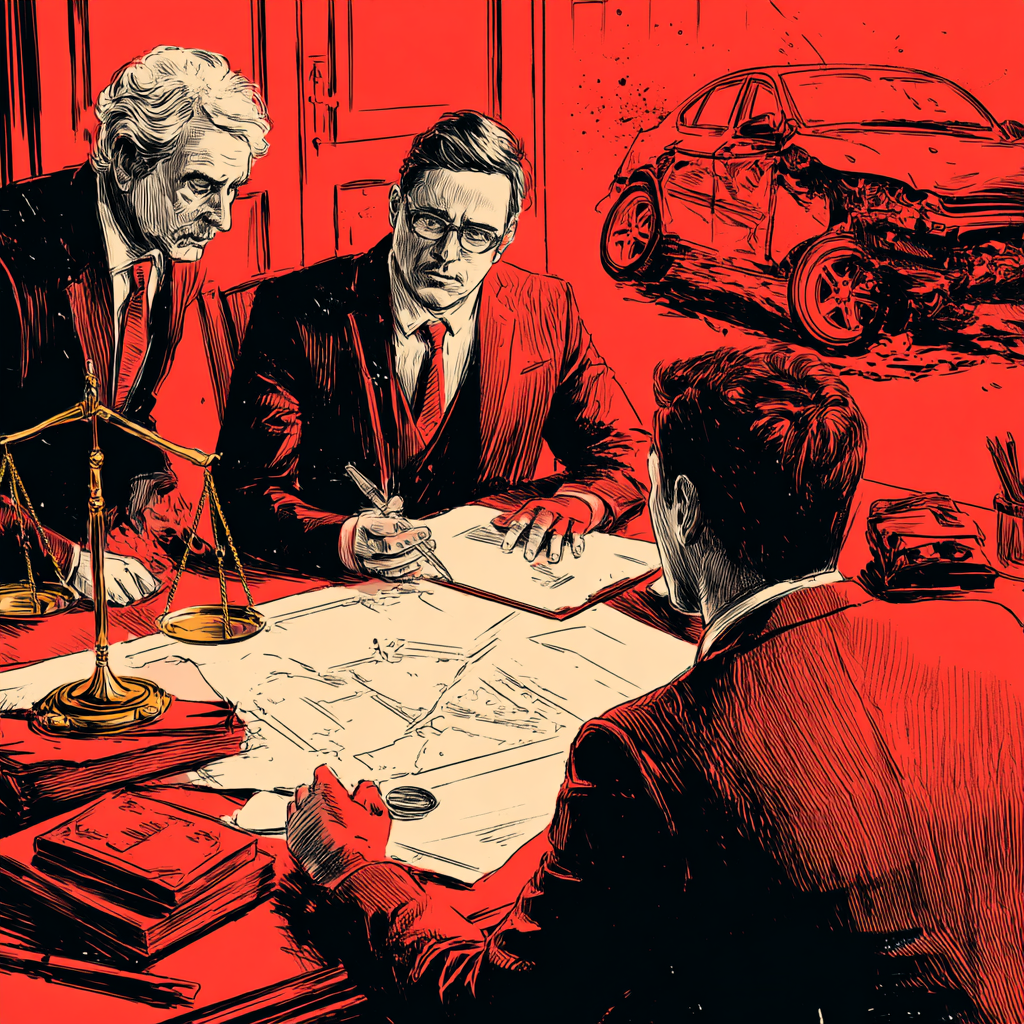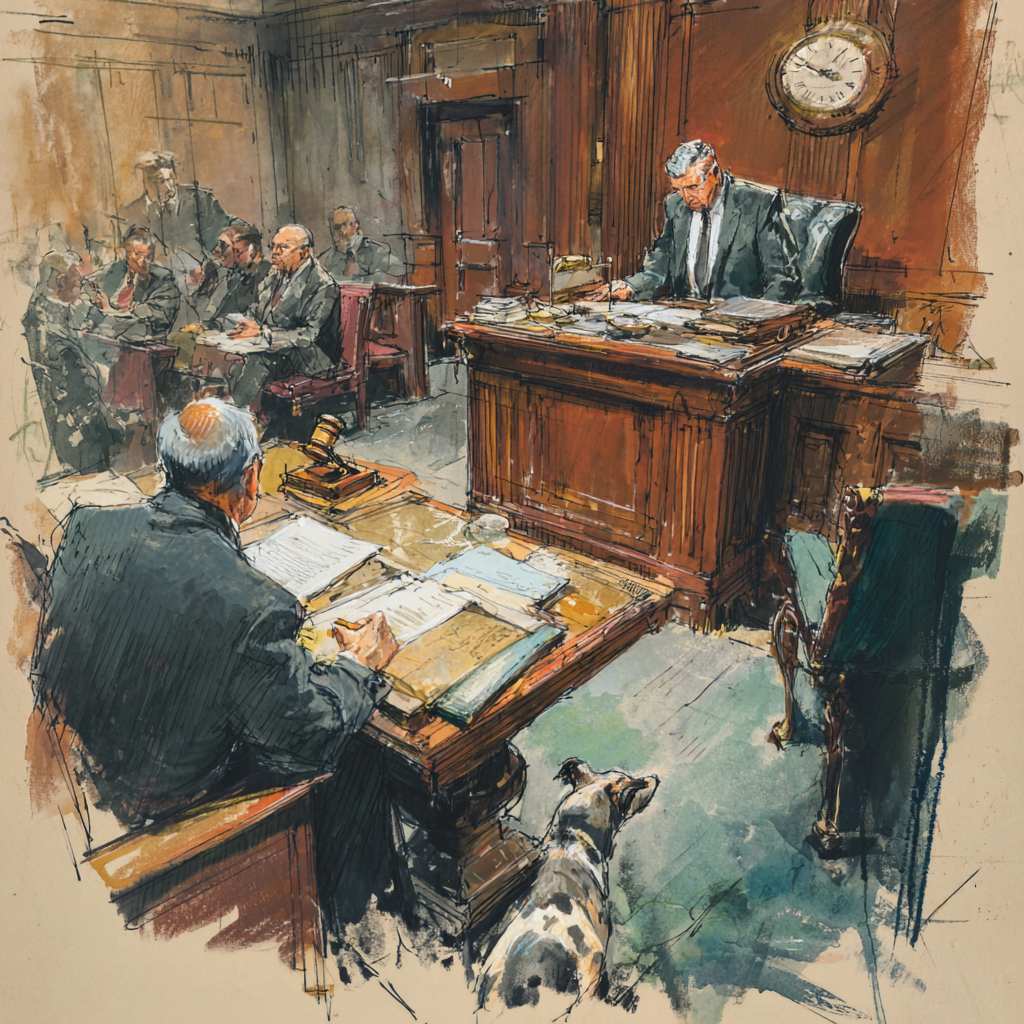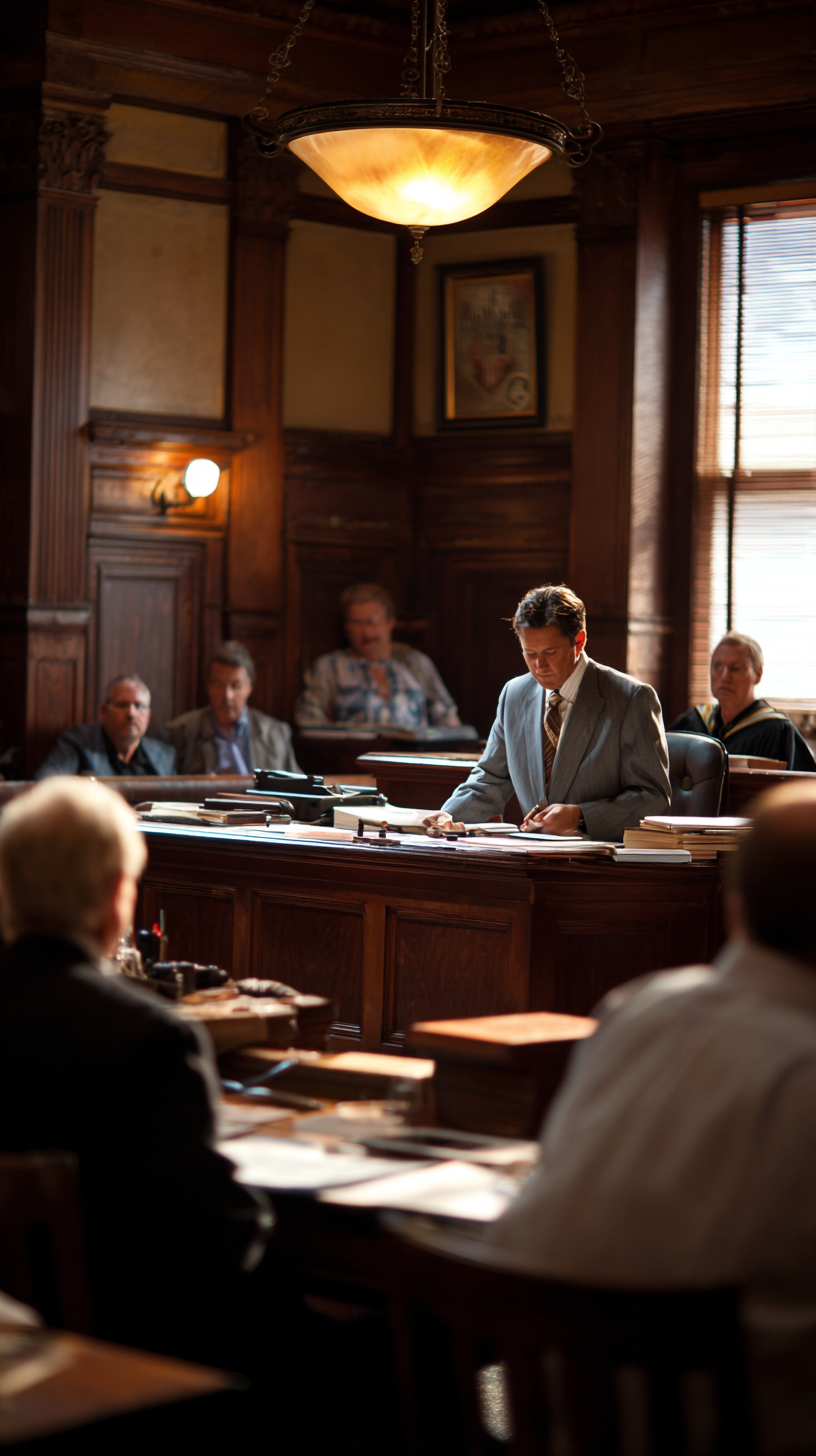There has been a lot of activity on the Supreme Court front, in the realm of declaratory judgment actions, as to whether a insurance carrier must prove prima facie that the deponent willfully failed to attend an EUO (or IME) . In the most recent case that came down Progressive Northeastern Ins. Co. v Arguelles Med. P.C., 2009 NY Slip Op 32353(U)(Sup. Ct. NY Co. 2009)(Friedman, J.), a declaration of non coverage was denied due to the failure of the carrier to make a threshold showing that the witness willfully failed to attend the EUOs. See, Unitrin Advantage Ins. Co. v. Carothers, 17 Misc.3d 1121 (Sup. Ct. NY Co. 2008)(Diamond, J.). See also, Brentwood Pain & Rehabilitation Services, P.C. v. Progressive Ins. Co. 2009 NY Slip Op 31181(u)(Sup. Ct. NY Co. 2009).
Certain cases not involving violations of the condition precedent portion of the no-fault endorsement hold that the carrier must meet the Thrasher “willful disvowal” standard in order to substantiate a no-fault non-cooperation defense. Simmons v. State Farm, 16 AD3d 1117 (4th Dept. 2005); Park v. Long Island Ins. Co., 13 AD3d 506 (2d Dept. 2004). But see, Utica Mut. Ins. Co. v. Timms, 293 AD2d 669, 670 (2d Dept. 2002).
It follows, however, that the Thrasher standard would not involve the failure to comply with a portion of the policy that is delineated as a condition precedent to coverage. See e.g., Stephen Fogel Psychological, P.C. v. Progressive Cas. Ins. Co., 35 AD3d 720 (2d Dept. 2006); Adams v. Allstate Ins. Co., 210 A.D.2d 319 (2d Dept. 1994); Inwood Hill Med., P.C. v General Assurance Co. , 10 Misc 3d 18 (App Term. 1st Dept 2005).
Thus, as to the EUO non-appearance defense, the failure to attend two properly scheduled EUO’s should support a prima facie defense against the compensability of no-fault benefits. A.B. Medical Services, PLLC v. American Transit Ins. Co., 2009 N.Y. Slip Op. 52067(U)(App. Term 2d Dept. 2009). A showing of willfulness is not required, and would would only apply if the deponent attended the EUO but was obstructing the examination. Park, supra. A review of the law also discloses that a finding of reasonableness will generally be inferred from the proximity of the date of the EUO to the scheduling date and the location of the EUO in relation to where the Claimant resides or his attorney has an office. Great Wall Acupuncture v. New York Cen. Mut. Ins. Co., 22 Misc.3d 136(A)(App. Term 2d Dept. 2009); Eagle Surgical Supply, Inc., v. Progressive Cas. Ins. Co., 21 Misc.3d 49 (App. Term 2d Dept. 2009)
In order to oppose an EUO no-show defense, the burden is on the Plaintiff to demonstrate a lack of reasonableness. Factors to consider would be whether the EUO was at an odd time, or whether the EUO was scheduled to be held at a location distant from the deponent or his attorney’s office. Other factors unique to a case may also militate against a finding of reasonableness. The proof of lack of reasonableness will either rebut the presumption of reasonableness raising an issue of fact or prima facie demonstrate the lack of reasonableness of the EUO request. See, id.
Accordingly, the decision of Justice Friedman and others who believe that a carrier must demonstrate that the deponent willfully failed to appear for two properly scheduled EUOs is probably incorrect.
See Dave Gottlieb’s post at NFP on this for his insight.









